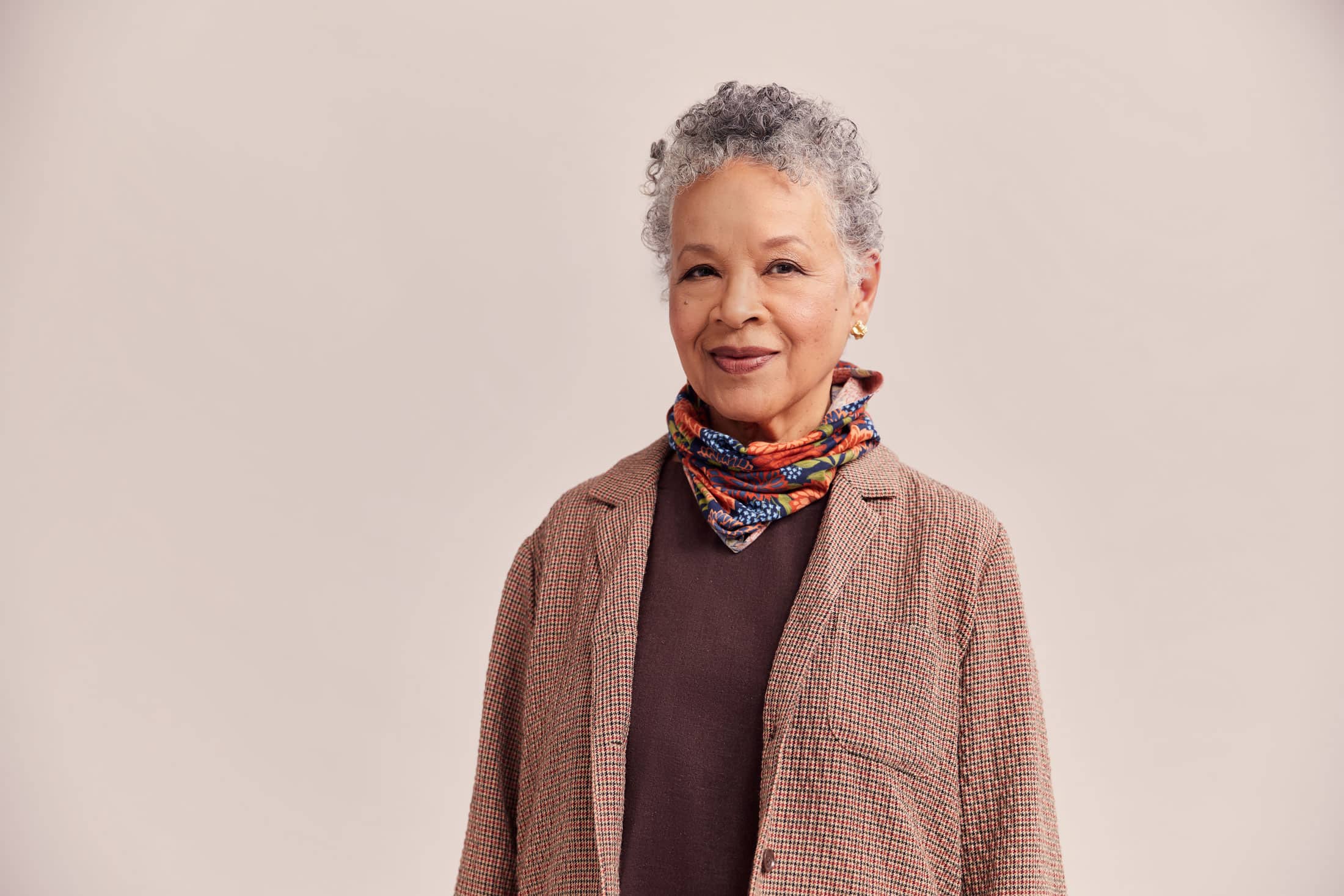While the plus side of menopause is obviously no more periods, and the hassle that can come with them, the hormonal changes you experience during perimenopause and menopause can leave you susceptible to developing certain health conditions associated with aging.
Research shows that the risk of certain health conditions increase after menopause, because your body produces less of the hormones estrogen, progesterone and testosterone.
The hormone estrogen is especially important in keeping our bodies healthy and happy. A lack of estrogen can not only cause symptoms, but have an impact on your heart, bone and brain health too.
Two conditions to be particularly aware of are cardiovascular disease (issues with your heart) and osteoporosis (the weakening and thinning of your bones). Your risk of these conditions increases significantly after menopause, because estrogen levels are lower.
The risk of developing type 2 diabetes, mental health issues (such as depression) and dementia also increases after menopause. This is because all of these conditions are affected by a lack of circulating hormones. Some women also find it more difficult to control their weight and this bothers them.
While our bodies are beautiful in every shape and size, if you’re worried about changes to your weight, or the impact your weight is having on the way you feel physically and emotionally, check out our resource on eating for healthy hormones. It contains lots of tips on how to make sure you feel your best regardless of what’s going on with your hormones.
Following the principles of a healthy lifestyle will help to manage future health risks. Try to think about:
- eating nutritiously
- cutting down on alcohol and caffeine
- stopping smoking
- exercising on a regular basis
- prioritizing sleep
- make time to rest and unwind
- keeping good connections with your social network.
You can read more about all these healthy habits here.
As well as making these changes to your lifestyle, using hormone therapy (HT) may be an option for you. While certain risks associated with HT increase if it’s been 10 years or more since you went through your menopause, if you start HT before this time, it can actually provide benefits that protect against developing conditions associated with aging.






